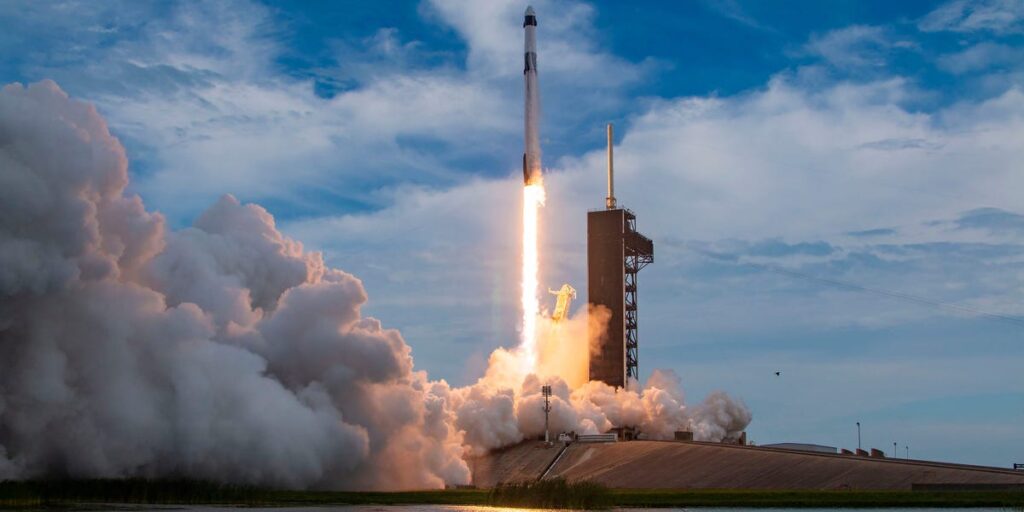
HOUSTON – Axiom Space is redefining space tourism with its $70 million ticket price, offering an experience unlike any other in the industry.
Axiom Space CEO Tejpaul Bhatia recently explained to Business Insider why the company’s hefty price tag is justified, emphasizing that the cost is a mere “drop in the bucket” compared to the expenses of establishing a national space program. The company is setting its sights high, with offerings that go beyond the typical suborbital flights.
Immediate Impact: A Journey to the ISS
While other companies focus on brief spaceflights, Axiom Space provides a comprehensive journey to the International Space Station (ISS). Unlike Blue Origin’s quick trips, Axiom’s missions last approximately two weeks, offering a deep dive into the life of an astronaut.
Bhatia notes that the $70 million fee covers much more than just the flight. It includes a yearlong astronaut training program, aligning with NASA standards, though not as intensive as NASA’s own astronaut training.
Key Details Emerge: Training and Preparation
The process begins with mission planning and contractual arrangements, followed by an extensive training regimen starting eight months to a year before launch. Axiom Space collaborates with NASA, ESA, JAXA, and others to provide 700 to 1,000 hours of training, covering safety, health, and ISS operations.
Training includes familiarization with SpaceX’s Dragon spacecraft and Falcon 9 launch vehicle, focusing on system operations and emergency procedures. Before launch, astronauts undergo quarantine and must receive approval from international partners.
By the Numbers
The US spent about $25.8 billion on Project Apollo between 1960 and 1973, equivalent to approximately $237 billion today.
Industry Response and Market Evolution
The high ticket price reflects an evolving market for private space travel. Bhatia has shifted Axiom’s focus towards government contracts, noting increased demand for private astronaut seats. The company’s missions also open new opportunities for countries beyond the traditional ISS partners.
Other companies like Blue Origin have made headlines with their own missions, but Axiom’s approach remains distinct. Bhatia believes that the public’s perception of space travel is changing, with a growing appreciation for the potential benefits of space exploration.
Future Implications: Building the First Commercial Space Station
Axiom’s ambitions extend beyond individual missions. The company aims to build the world’s first commercial space station, set to succeed the ISS, which is projected to retire by 2030. This initiative could revolutionize access to space for countries, researchers, and private individuals alike.
As the space tourism industry continues to evolve, Axiom Space’s approach highlights the potential for private companies to play a significant role in the future of space exploration. With a focus on comprehensive training and long-duration missions, Axiom is setting a new standard for what it means to travel to space.
Bhatia remains optimistic about the future, stating, “Space and Earth are not mutually exclusive. They never have been and never will be.”






